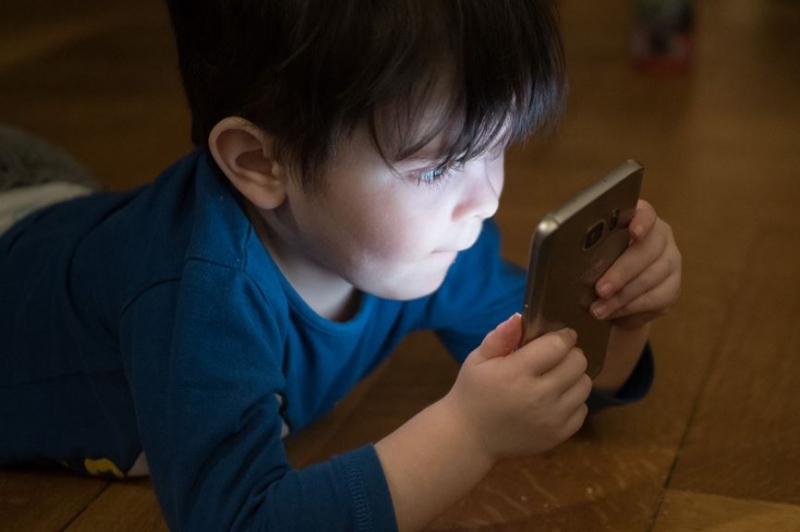Today, children spend most of their time with digital devices, mostly playing video games on their smart phones or chatting with their friends via IM. Rather than face people directly, I do things I want to do only in the online world.
This is a challenge for today's parents. This is because children spend most of their lives on electronic media such as smartphones and tablets at a level that they can not control. But the debate about whether it is right to use and use technology infinitely is getting bigger.
The hazard of technology
Social media is a tool that connects millions of people around the world. Human life is actually much easier thanks to this online platform, and it allows you to communicate with more people, allowing you to easily communicate with people you do not even know. However, side effects also appear. Especially, children who are just growing are getting less concentration and distracted by smartphones.
But Richard Friedman, a psychiatrist, pointed out in this regard that only a handful of evidence shows that technology causes teenage anxiety disorders. He explained that in an example of a survey of the effects of technology on adolescents, the increase in anxiety among adolescents is due to mild symptoms rather than clinically significant syndromes.
Of course, there are experts who make other claims. Clinical psychologist Ben Suein emphasized that technology has increased anxiety among young people, noting that their reading has declined over the past decade, as well as the ability to perform difficult and tedious tasks. In addition, Larry S. Sandberg, a clinical psychiatrist at the Weill Cornell Medical Center, said the use of mental health services in college has increased tremendously. In addition, many other experts point out that the emergence of technology has a negative impact on children, such as cyberbullying.
In fact, the use of technology is like a double-edged sword. There are many benefits and benefits from technology, but at the same time negative consequences. Parents should be particularly careful to ensure that their use of technology does not adversely affect their children.
 |
| ▲ Your child's use of technology calls for disturbance of sleep and personal interaction and loss of concentration (Source: Pixar Bay) |
Your child's technology use restrictions
Technology is slowly conquering the lives of children. This makes it more difficult for children to get their hands off the electronics as they get older, and it is effective for parents to supervise children by giving them minimum time to use them. Here are some reasons why your child's use of technology should be restricted:
1. Sleep disturbance : According to a US announcement, children spend an average of three to four hours a day on TV. This makes it difficult for parents to motivate their children to sleep on time.
2. Interference with family time and personal interaction : Individual interactions or communication are increasingly being ignored as they gradually lose their place online. This can gradually reduce the time between family members.
3. Decreased concentration : According to some studies, the more children are exposed to digital devices, the more likely it is to focus and attention problems. A study by the Iowa State University found that children using technology tend to be impulsive as well as difficult to pay attention to.
4. Improper Content and Excessive Advertising : Children are often exposed to inappropriate content and advertisements via the Internet. In addition, some programs and advertisements can have a negative impact on sexual life and violence.
5. School Life Impact : As technology use becomes a priority, relative school life may not be of interest.
In order to eliminate all these negative effects, it is very important to set limits on the use of technology by the child. For example, you should place your TV outside the room so that your parents can see it together, and set time and leisure time for homework or study, so you can keep that time. It is also desirable to limit the time spent on the screen through reasonable dialogue with your child.
![[Parenting] Children falling into digital devices, should consider the negative impact parenting children falling into digital devices should consider the negative impact](https://moontore.com/wp-content/uploads/2019/02/parenting-children-falling-into-digital-devices-should-consider-the-negative-impact-1200x700.jpg)


